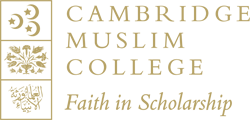Co-Curricular Activities
Studying in Cambridge
The connection between Cambridge, Islam and Scholarship goes back many centuries with many prominent scholars studying and teaching from within this historic university city. In 1632, Cambridge University established the Professorship in Arabic by Sir Thomas Adam, and through the ages, many prominent scholars on Islam have taught at Cambridge including Edward Palmer, Edward Granville Brown, Reynold Nicholson and Arthur Arberry.
Reynold Nicholson taught Muhammad Iqbal at Cambridge. Nicholson also translated Kashf al Mahjub by Ali al Hujwiri and the Mathnawi by Jalaluddin Rumi. Arthur Arberry translated the Qur’an into English and his translation is regarded by many authorities as one of the best translations. Abdullah Yusuf Ali was also at Cambridge, as a student of law at St John’s College.
Shaykh Abdul Wadod Shalabi (1925-2008), former Deputy Shaykh al-Azhar, received his doctorate from Cambridge University in 1976. Chaudhry Rahmat Ali (1895-1951), founder of the Pakistan Movement and author of the Pakistan Declaration read law at Emmanuel College. Shaykh Ahmad Bullock, first English Imam, studied at Pembroke College during the Second World War.
Other Cambridge Muslim alumni include the economist Mahbub ul Haq, founder of the Human Development Report, and Yusuf Hamied, a pioneer in providing cheaper accutane medicines for the developing world.
The University of Cambridge is one of the leading educational institutions in the world, and today, the Islamic Society at the University numbers in the hundreds, with representation from British Muslim communities, as well as from across the world. There is also a sizeable presence of Muslim academics across the faculties of the University.
Cambridge is home to a growing and active Muslim community, including local residents, and students and visitors from all over the UK and the world. More than a thousand people regularly pray jum’ah at the city’s mosques, and student Islamic societies thrive at both Cambridge University and Anglia Ruskin University. The City is also home to Europe’s first eco-friendly mosque, Cambridge Central Mosque, which was opened to the public on 24 April 2019.
Human connection cannot be replaced, and this is integral to the Islamic approach to education. Islamic education is an embodied lesson – when we learn about Islam, we learn about the self. Thus, Islamic education yearns for a physical existence in the world manifested in togetherness, somewhere, for us to be able to comprehend the bigger picture; a place which is open to tarbiyah and suhba.
This manifestation is not about buildings themselves. The creation of spatial environments is, however, representative of an approach to education that the world is in need of in these times. It is about configuring an ethos and pedagogy of education whose interaction with the direct environment is key to its framing and application.
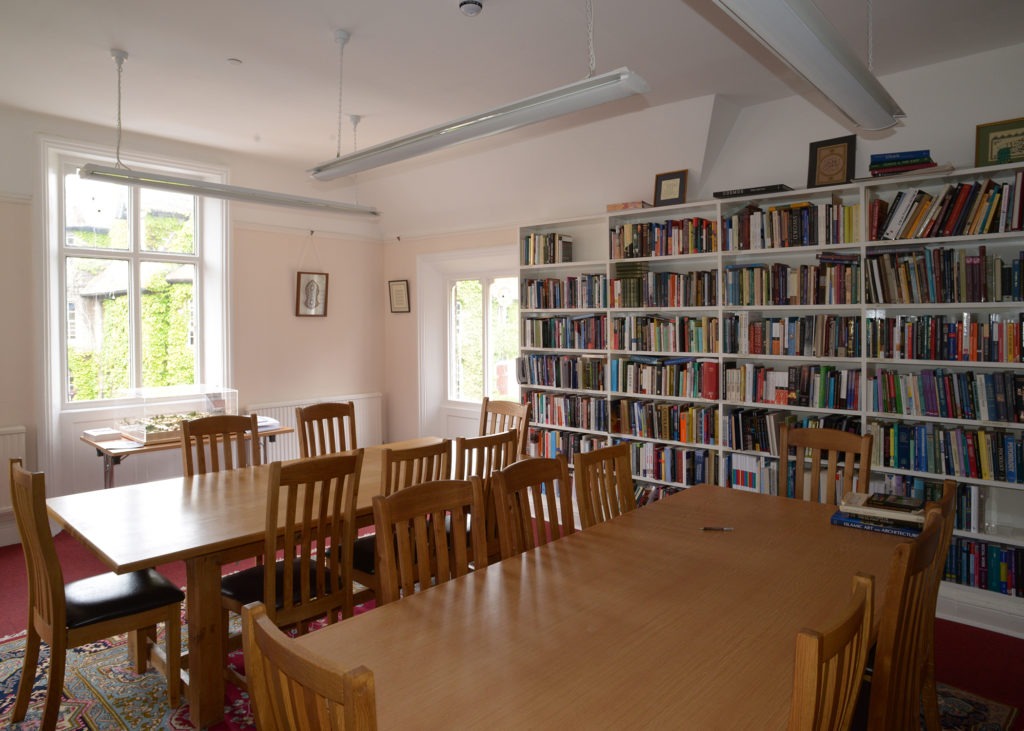
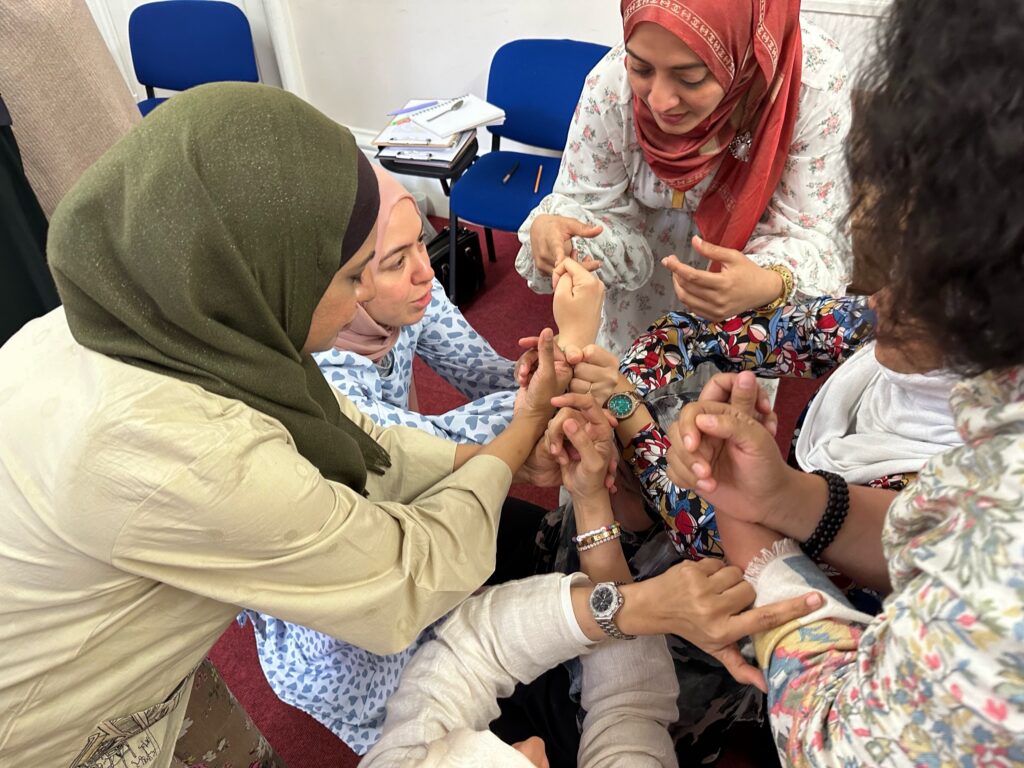
The traditional approach to Islamic education boasts a connection to beautiful architectural spaces and a pedagogy that centres the embodied experience in scholarly endeavour. These environments nurture a type of academic discipline, being and brilliance. Spaces with books, gardens and pillars; places for people to discuss, pray and eat; and spaces for contemplation, rest and discovery. Similarly, the Oxbridge educational environment hosts colleges, departments, gardens and meeting points, all for the sake of nurturing academic and scholarly engagement and excellence, through a refined and purposeful methodology of education.
Our vision is rooted in a particular tradition of academic excellence, and combining these temporal and spatial dynamics, we endeavour to continue nurturing a campus that is at the forefront of pioneering new thought from rich heritage.
Cambridge Muslim College’s vision is to grow a holistic Campus environment in the centre of Cambridge city, bringing together the spatial dynamics of a Cambridge collegiate environment, with the rich traditions of Islamic scholarly excellence. A space where students and scholars can live, study and pray together; providing communal spaces for discovery and discussion, and private places for reflection and revision.
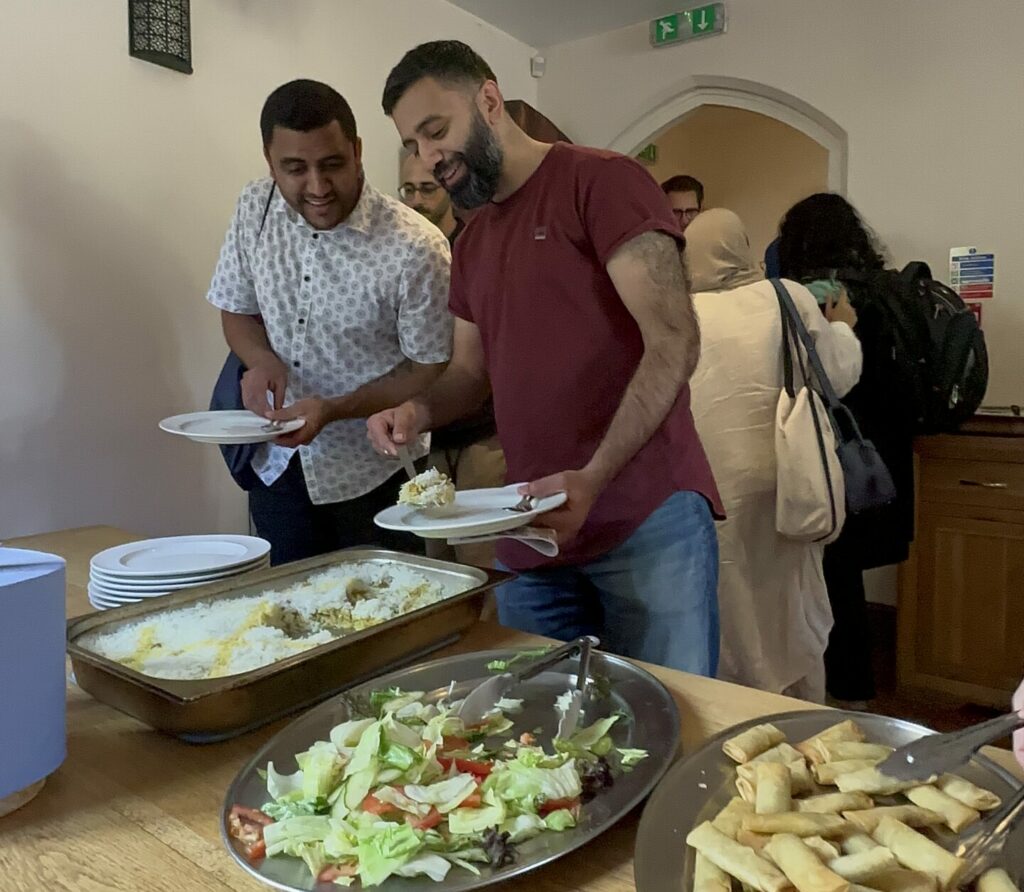
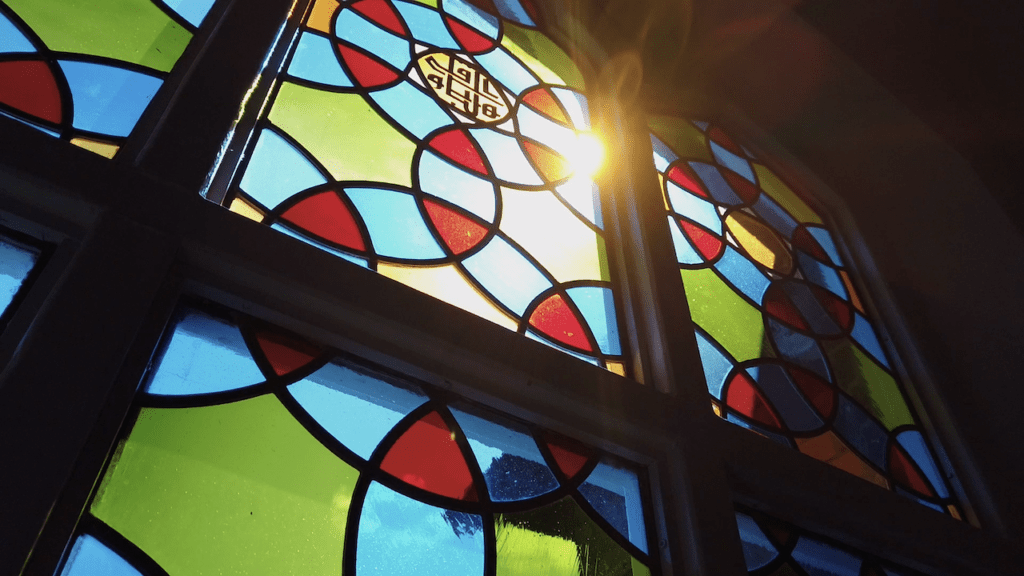
We want our doors to be open to everyone, and for as many people as possible to benefit from what we do in Cambridge. Just as the human spirit can be transmitted outwards through a strengthening of the physical body, we want our soul to shine and transmit beyond our small physical location. Indeed, this embodiment of Islamic education can touch many and be felt far beyond the boundaries of our walls. To reach out further, we need to build our strength and capacity at the core.
